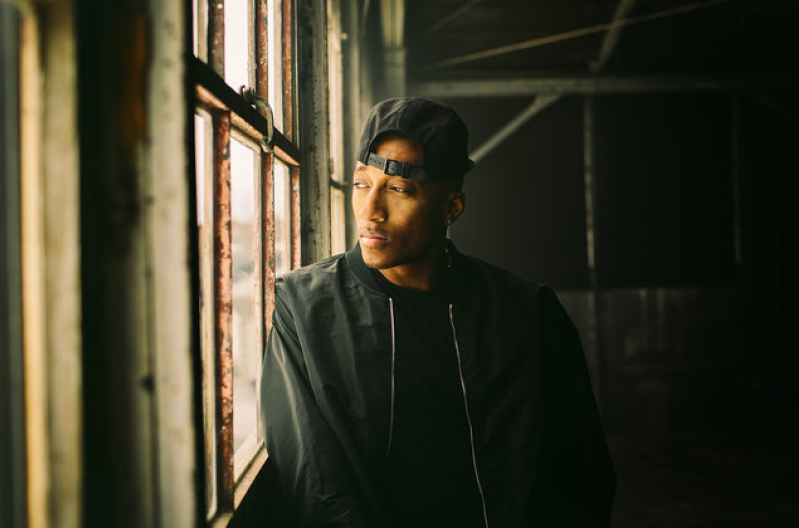
Christian rapper Lecrae has opened up about race relations amid the shooting deaths of Philando Castile, Alton Sterling, and five police officers who were gunned down during a Black Lives Matter protest on Thursday night.
In an op-ed published by Billboard on Friday, the Grammy award-winning artist and president of the non-profit organization ReachLife Ministries discussed racism in America, explaining that it takes humility to truly understand another person's vantage point and build a relationship- especially when "you believe the one you have is correct"
"We're all biased; there's no one in this room who's not conditioned, socially and environmentally, to have biases," Lecrae explained. "Biases exist within everyone so listening and understanding takes a level of humility. It just does, and that's really what it comes down to."
When certain issues - such as racism - primarily affect minorities, the majority of the population are sometimes oblivious to such problems.
"This is a conversation I have with lots of my white friends all the time," he said. "When I share my experiences with them, they're like, 'Oh. Really?'"
"Some people may have to say, 'I don't understand systems and infrastructures making differences in people's lives,'" he said. "I just see that my decisions affect my reality. I'm not racist. I'm not mad at anybody. I want to hear your story. So explain how you see racism as an institutional problem?'"
The Texas native used an analogy to explain his point: the same way that a billionaire of the '60s has wealth that affects his descendants today, so will the lack of finances and resources of a slave affect their descendants today.
Lecrae added, "So when you start looking at it [like that] and stepping back, you may say, 'Ah, okay. It's more of a systemic issue that's happening.' If you start to see some of these infrastructural [issues,] that will start to make a difference."
"But to be fair," he said, "that process takes humility on both sides. It also takes a great deal of humility for someone to quell his or her emotions, frustrations, and anger with another who constantly can't see the emotional turmoil they're going through."
"If you subscribe to any moral code that says you should care for humanity, obviously black people will fit into that category. So why would you not advocate for justice and truth unless you have something to lose?"
Earlier this year, the 36-year-old "Say I Won't" singer told CNN he chose to become involved in the #BlackLivesMatter protests because he wanted to "educate and help" those disillusioned by today's racial climate.
Following the shooting death of Michael Brown in Ferguson, there was "so much pent-up anger and frustration in the black community, but they didn't know what they were mad at or what they wanted to see happen, so they lashed out," Lecrae recalled. "So, I wanted to be out there to direct the passion of a lot of these young folks...by the end, a lot of the college students were looking at me saying, 'Hey, what should we be doing?'"
He recounted a particular instance, where the window of a taxi cab was bashed in by one of the protesters.
"I went up to that man and told him I was willing to pay for that window because that's not what we're about. That's not what this is about," he said. "Part of me was to educate and to help them, to say, 'What is the strategy you want to employ here instead of just burning trash?'"
Lecrae also contended that just like a number of people groups, Christians are often stereotyped: "For a lot of people, groups, Christians included, issues are homogenized and so to be a Christian I'm either this staunch conservative Republican or I'm this tree hugging liberal," Lecrae said. "You're stereotyped. It's almost assumed that people know what your issues are going to be."
Such stereotyping all too easily extends to civil rights, the rapper lamented: "It's unfortunate that myself, as a black man, cannot care about the issues that impact the black community without being seeing as a race-baiter or without being seen as someone who doesn't care about any other ethnic groups."
The husband and father-of-three added, "My views as a Christian means there's moral plumb line that I'm fighting to adhere to ... it's not say this is the way the country's going to run and things are going to be. Honestly, what Jesus was about, was laying his life down for the marginalized who didn't have it all together."






